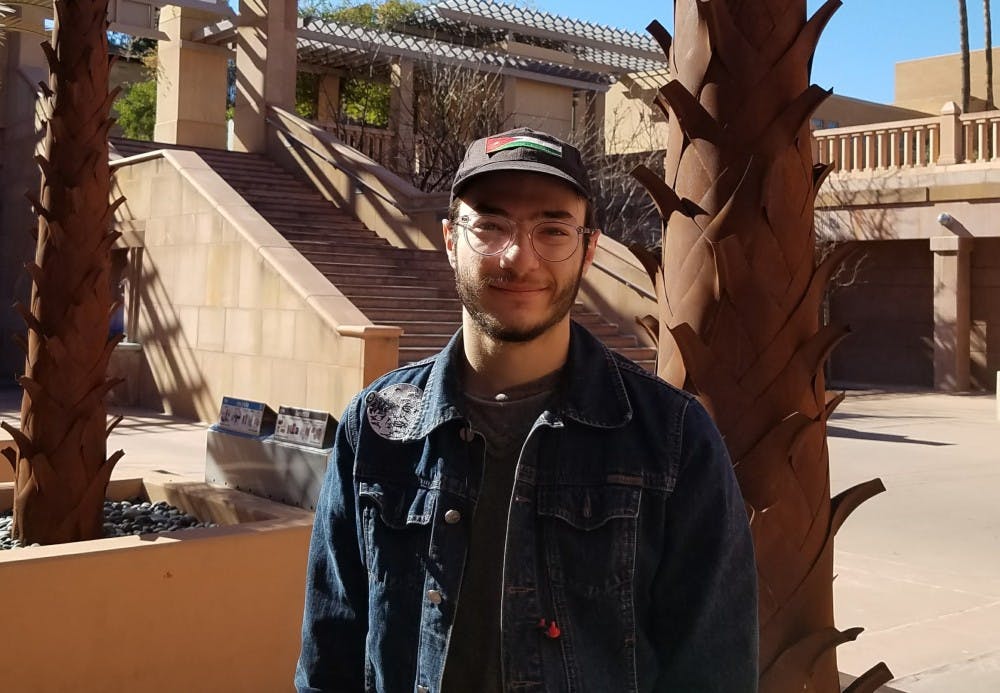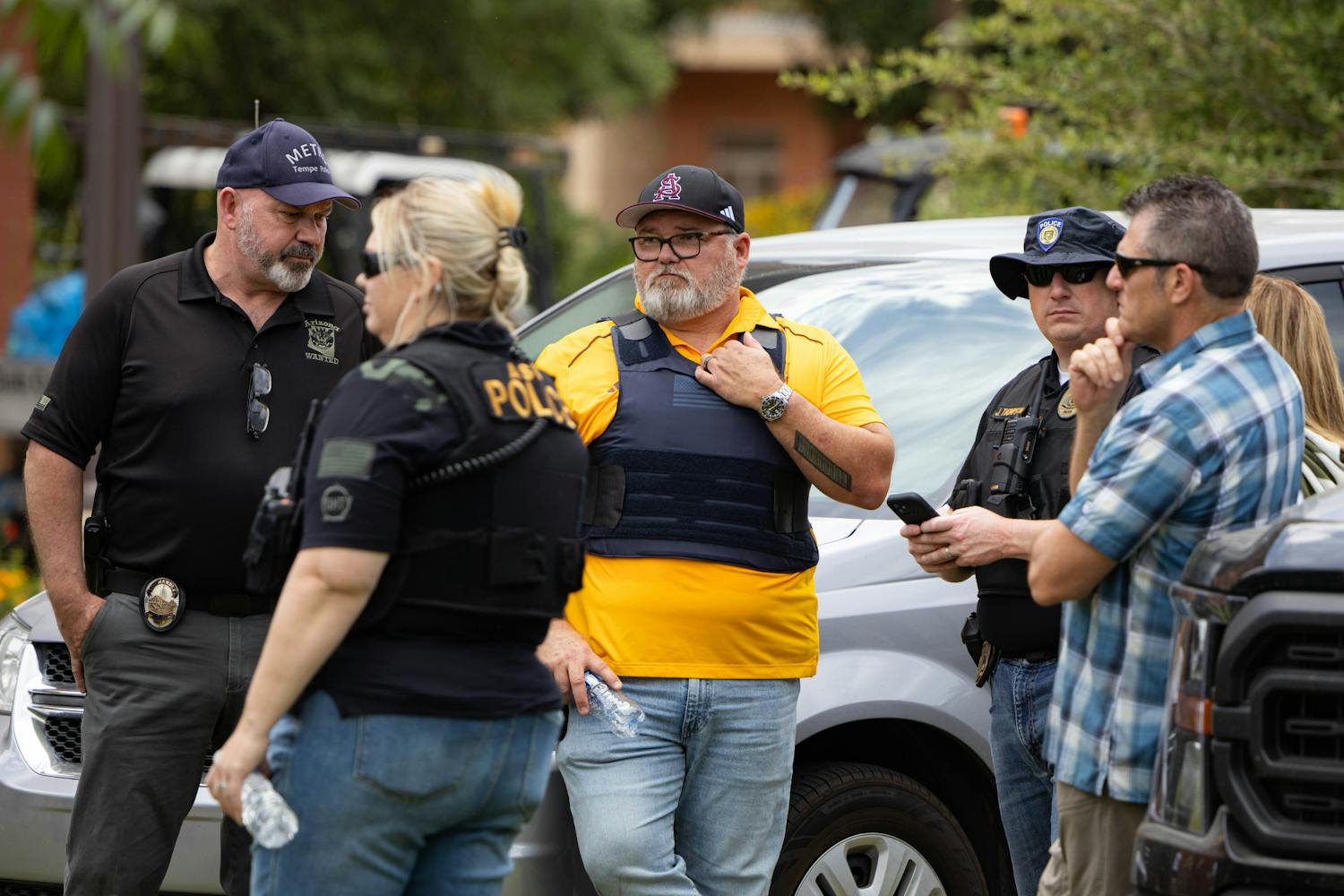When political leaders cloak their attacks on the basic functions of the nation in the guise of common sense, we need the arts more than ever.
After the Presidential Inauguration, the nation shifted for many of us. Last year, human rights campaigns were a call to arms for many students as they sought to maintain the image of the United States as a progressive country in the face of an election explicitly marred by misogyny, xenophobia, attacks on the LGBT community and ableism.
But the election led to a seismic shift in the definition of acceptable political discourse, or the Overton window, and with that came a shift in many students' plans, with a handful looking to get involved by showing up to events like the Maricopa Democratic Party Reorganization Reception on Jan. 27.
While the majority of the students present at the reception were looking for a career in politics beforehand, others who raised their hands as first-time visitors to party headquarters commented that they were there because they felt the need to do something impactful — and now.
Getting involved in party politics isn’t the only way to begin to rebuild what feels like, to many in our generation, a culture that has left us behind.
Theater sophomore Fargo Tbakhi reflected on his experience and decided to shift the way he saw theater in his life.
“I immediately started researching theater for social change," he said. "What I traditionally thought of as theater didn’t seem important for me anymore, it doesn’t seem useful. That inherent empathy that you get from watching people as they perform didn’t seem to be enough."
Tbakhi’s focus goes along a growing number of artistic endeavors expanding the public’s vision of what the arts can be. While the underlying message of art may have been political, artists are now bringing it to the forefront in an age where subtlety has been thrown out the window.
Set designers and even museum curators in Houston and Austin, for example, have launched projects within the past year set to demonstrate the nature of migrant detention centers, which are otherwise closed off to the public eye.
By building a detention cell, these artists force the public to reckon with what policy actually looks like, rather than the abstract of a a secure border.
The Texas Observer reported that these spaces serve a unique role of linking political rhetoric with policy impact.
At this point, when GOP politicians push forward budget cuts at the state and national level based on the idea that government budgets work like a home budget — they don’t — those protecting social programming and demanding human rights treatment need to find ways to create equally potent symbols.
Tbakhi’s theater work is involved, but so are many arts groups in the Valley. The Lacey & Larkin Frontera Fund, established largely to protect the arts from unconstitutional abuses under former Maricopa County Sheriff Joe Arpaio, now includes lists of border-related art near Phoenix and Tucson, including several events coming up soon focusing on the border and its role in Arizona life.
Politics is fought in a social arena. Public opinion is the basis of most policy. Politicians are at the mercy of artists, who must be willing to highlight necessary social ills and to fight for tangible solutions.
With so much political instability, students across the board may be tempted to go into politics, but there will be no change unless we have the artists to support better policy.
Reach the columnist at benjamin.steele@asu.edu or follow @blsteele17 on Twitter.
Editor’s note: The opinions presented in this column are the author’s and do not imply any endorsement from The State Press or its editors.
Want to join the conversation? Send an email to opiniondesk.statepress@gmail.com. Keep letters under 300 words and be sure to include your university affiliation. Anonymity will not be granted.
Like The State Press on Facebook and follow @statepress on Twitter.




